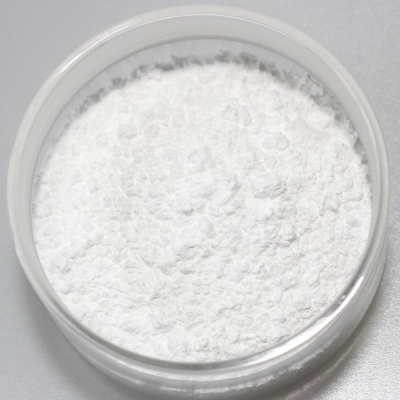-
Categories
-
Pharmaceutical Intermediates
-
Active Pharmaceutical Ingredients
-
Food Additives
- Industrial Coatings
- Agrochemicals
- Dyes and Pigments
- Surfactant
- Flavors and Fragrances
- Chemical Reagents
- Catalyst and Auxiliary
- Natural Products
- Inorganic Chemistry
-
Organic Chemistry
-
Biochemical Engineering
- Analytical Chemistry
-
Cosmetic Ingredient
- Water Treatment Chemical
-
Pharmaceutical Intermediates
Promotion
ECHEMI Mall
Wholesale
Weekly Price
Exhibition
News
-
Trade Service
The safety of (±)-mebeverine is an important consideration in the chemical industry.
As a chemical compound, (±)-mebeverine has the potential to cause harm if not handled and used properly.
To ensure the safety of (±)-mebeverine, it is important to understand the properties and characteristics of the chemical.
(±)-Mebeverine is a synthetic muscarinic antagonist that is used in the treatment of gastrointestinal and urinary disorders.
It has a high degree of potency and selectivity for muscarinic receptors and is commonly used to treat conditions such as overactive bladder and gastroesophageal reflux disease.
One of the key safety concerns with (±)-mebeverine is its potential for cardiac effects.
The drug can cause bradycardia, or a slow heart rate, which can lead to decreased blood flow and oxygen delivery to the heart.
This can result in symptoms such as chest pain, shortness of breath, and fatigue.
In severe cases, bradycardia can lead to cardiac arrest or stroke.
To minimize the risk of cardiac effects, it is important to monitor patients taking (±)-mebeverine for any changes in heart rate.
Patients with preexisting heart conditions should be closely monitored, and the use of (±)-mebeverine may not be recommended in some cases.
Another safety concern with (±)-mebeverine is its potential for central nervous system effects.
The drug can cause dizziness, headache, and somnolence, or drowsiness.
These effects can impair a patient's ability to perform tasks that require alertness and can increase the risk of accidental injury.
To minimize the risk of central nervous system effects, it is important to closely monitor patients taking (±)-mebeverine for any changes in behavior or cognitive function.
Patients who experience significant dizziness, headache, or somnolence should inform their healthcare provider.
In addition to cardiac and central nervous system effects, (±)-mebeverine can cause other adverse reactions.
The drug can cause dry mouth, constipation, and urinary retention.
Patients taking (±)-mebeverine should be advised to drink plenty of water and to inform their healthcare provider if they experience difficulty urinating or other urinary symptoms.
To ensure the safety of (±)-mebeverine, it is important to follow proper handling and storage procedures.
The chemical should be stored in a cool, dry place and handled with gloves and appropriate personal protective equipment.
In case of accidental exposure, it is important to seek medical attention immediately.
In conclusion, the safety of (±)-mebeverine is an important consideration in the chemical industry.
The drug can cause a range of adverse effects, including cardiac and central nervous system effects, and it is important to closely monitor patients taking the drug.
Proper handling and storage procedures should also be followed to minimize the risk of accidental exposure.







